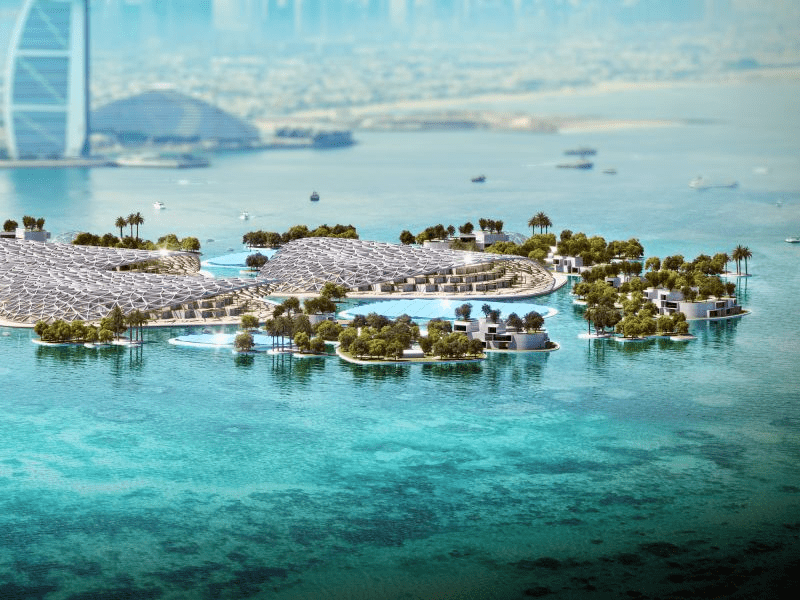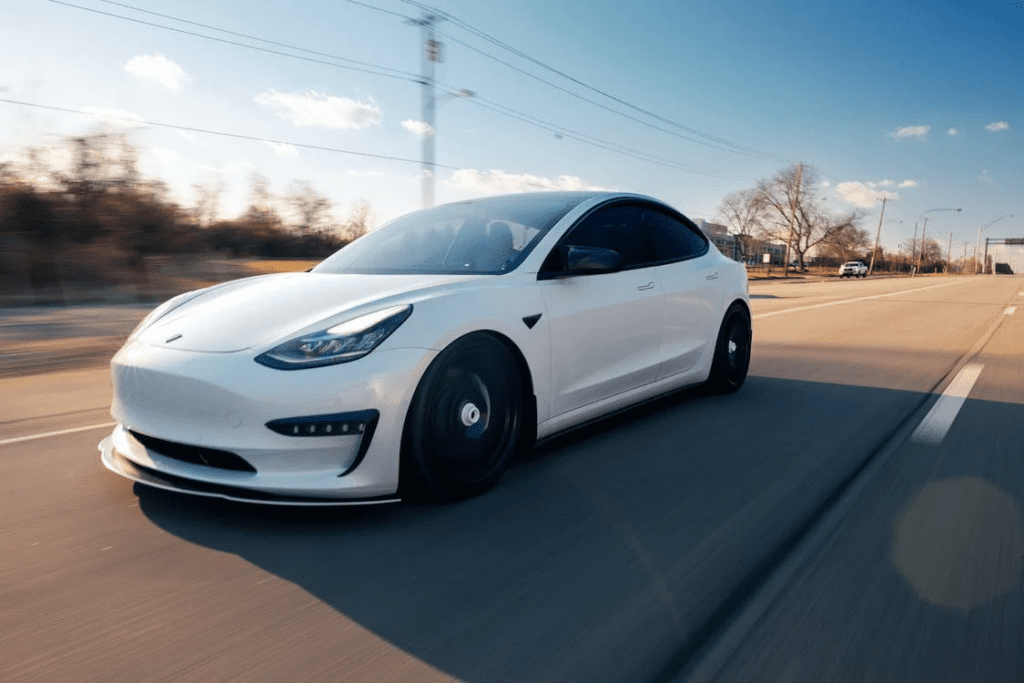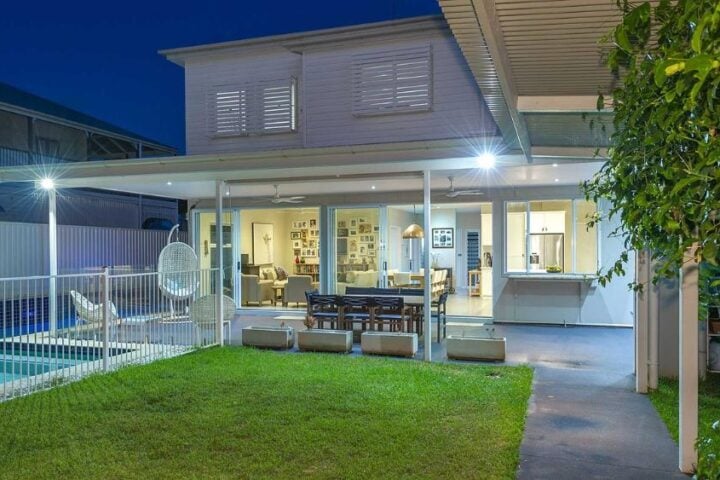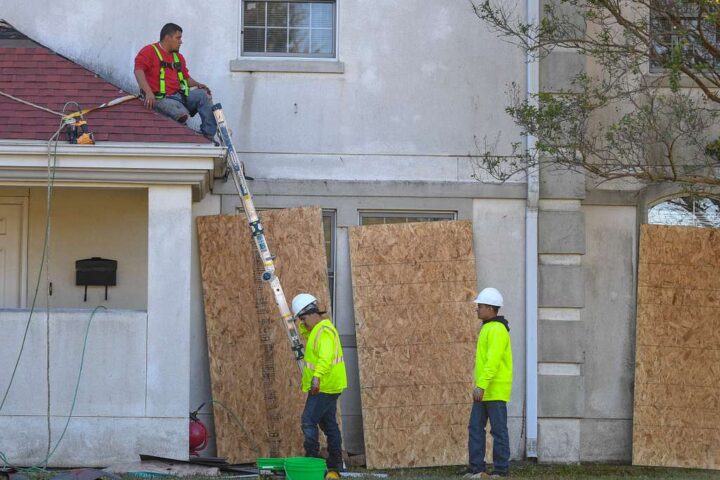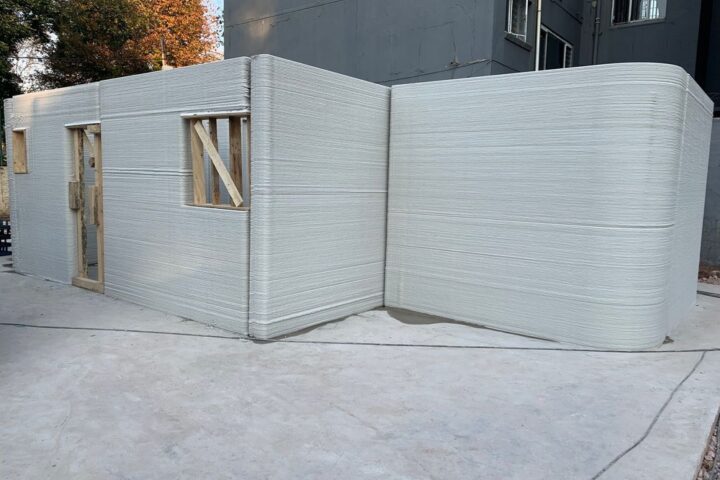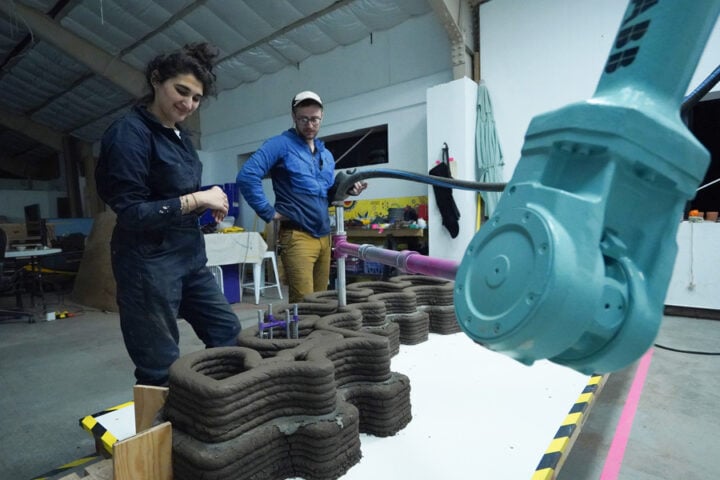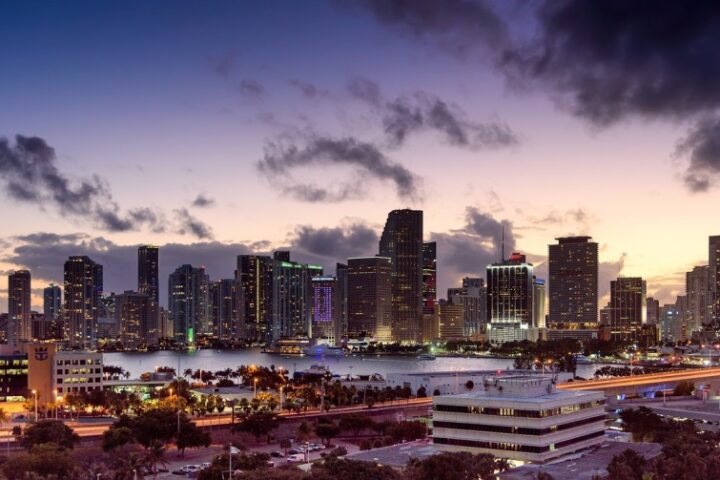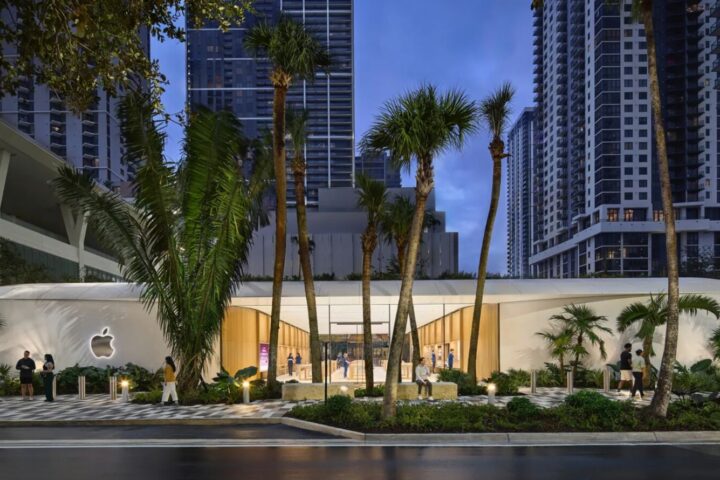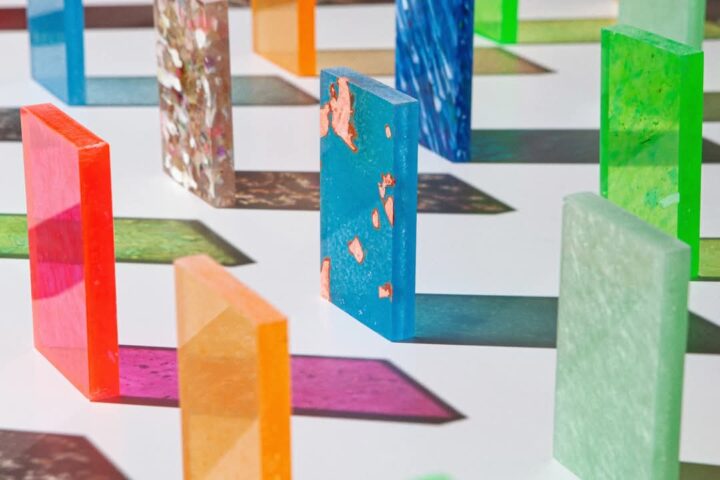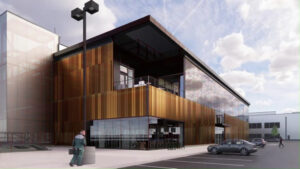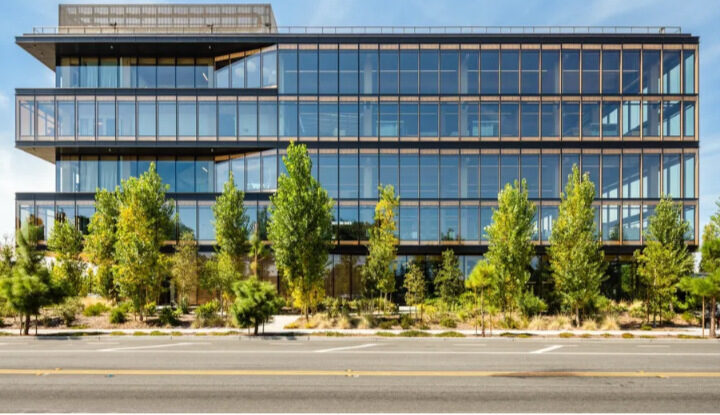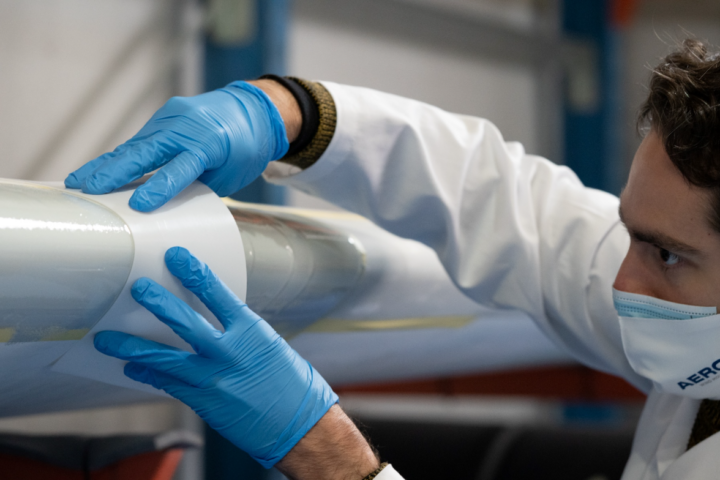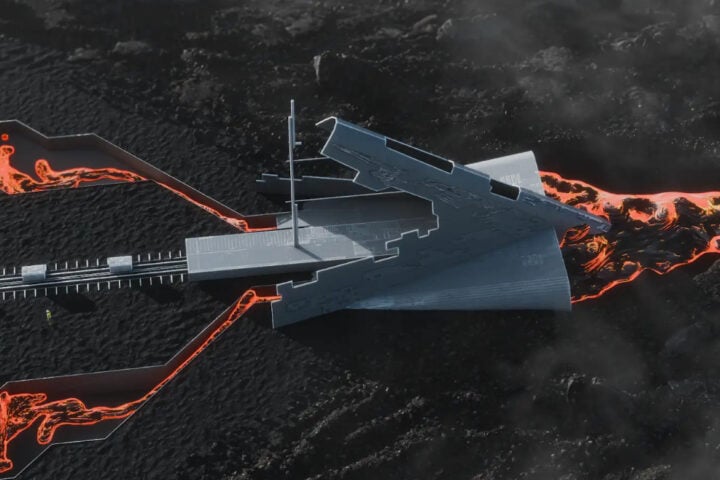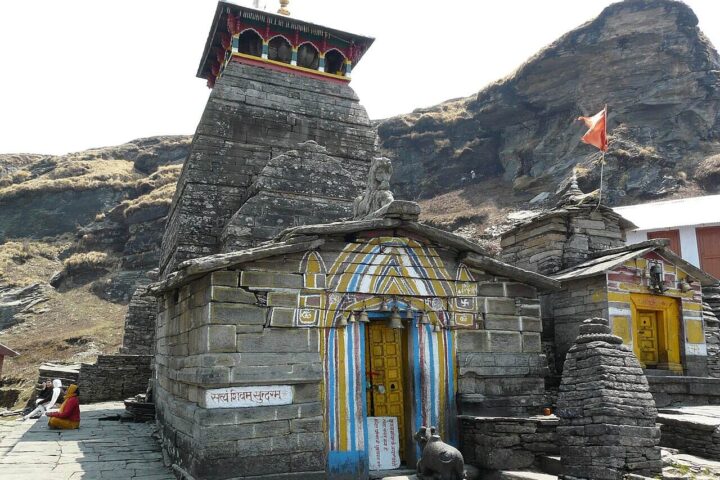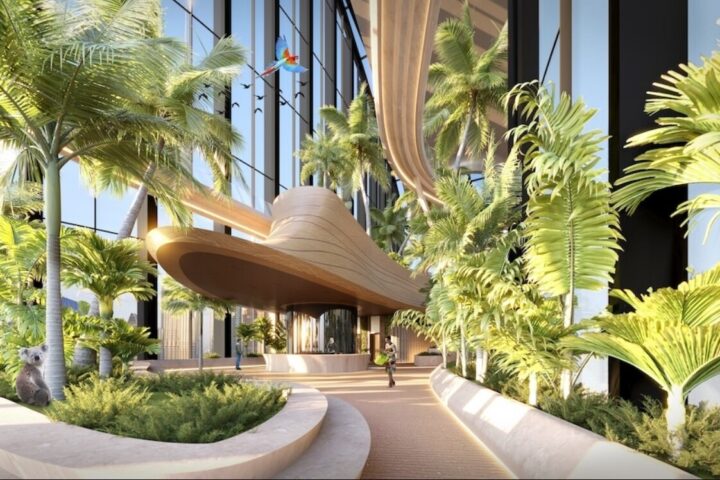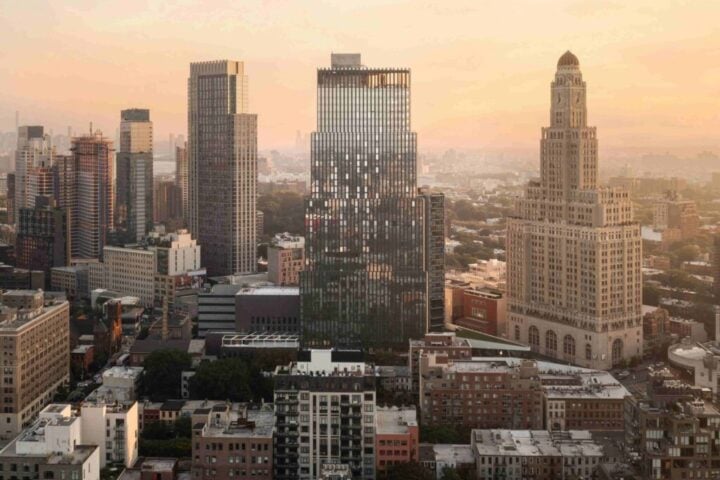The Dubai-based developer, URB, has announced its ambitious project known as ‘Dubai Reefs’. The project represents a significant effort towards marine restoration and ecotourism. If successfully built, it will be the world’s largest ocean restoration project, a potential game-changer for ocean conservation.
Plans for the project include creating a habitat for more than one billion corals and 100 million mangrove trees. However, certain details are still unclear. While developers have set a target completion date of 2040, there remains uncertainty over whether the project will be economically accessible to all and if it can operate entirely on private funding.
The initiative’s core objective is to facilitate marine research through a marine institute dedicated to protecting the coastal city. The design includes an artificial reef spanning 200 square kilometers. Given that over 60% of the world’s coral reefs are damaged or under threat due to human activity, such restoration efforts are crucial.
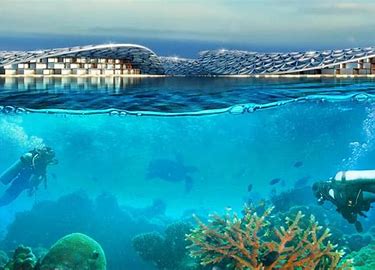
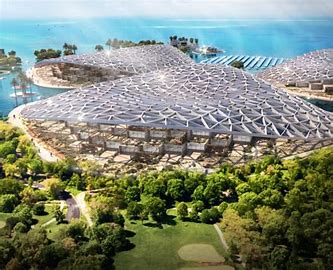
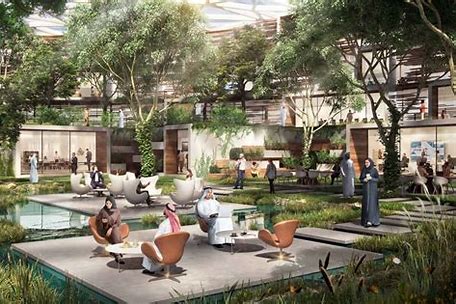
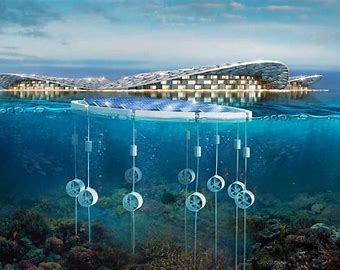
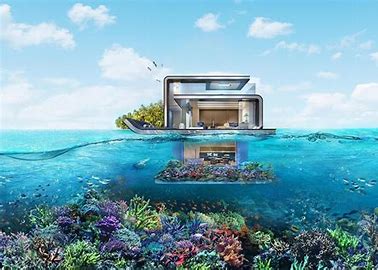
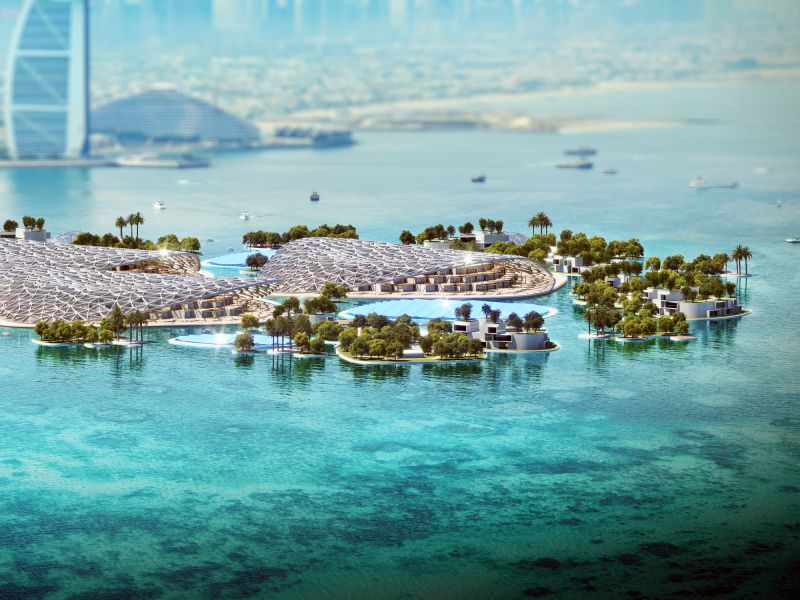
Additionally, URB plans to supply clean energy to Dubai’s growing population through wave farms. This goal is in response to a government-sponsored report released in 2010 that detailed the impacts of climate change. The report warned that the UAE could lose up to 6% of its populated and developed coastline by the end of the century due to rising sea levels. These alarming figures have prompted URB to boost the city’s marine science and conservation capacity.
“The health of our cities is intrinsically tied to the health of our oceans,” said Baharash Bagherian, CEO of URB. “Everything on our planet is interconnected; a healthy ocean means a healthy city. We must act now to ensure our ocean is healthy by the end of the century. There is a need for an entrepreneurial spirit in coastal city planning and ocean-linked infrastructure and developments. As an innovative coastal city, Dubai is best positioned to lead such a transformation.”
Dubai Reefs aims not only to create a unique and resilient destination for ecotourism and marine research but also to serve as a blueprint for ocean living while mitigating the impacts of climate change. Bagherian emphasized the project’s critical role in combatting global concerns over rising sea levels.In a world grappling with the urgent realities of climate change and rising sea levels, the vision of Dubai Reefs offers a beacon of hope and innovation. As a floating living lab for marine restoration and ecotourism, the project’s ambitious goals of building the world’s largest artificial reef, nurturing billions of corals and mangrove trees, and promoting sustainable food production through regenerative ocean farming inspire both awe and optimism.
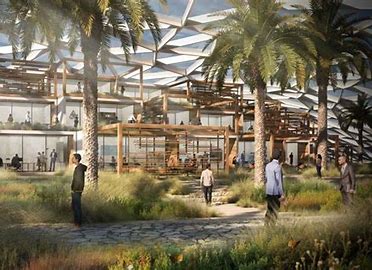
However, alongside this promising vision lie critical questions and pragmatic challenges. Can Dubai Reefs truly withstand the test of time and climate, ensuring the preservation of marine ecosystems in the face of unprecedented environmental pressures? The scale and complexity of this undertaking demand unwavering commitment and continuous adaptation to evolving scientific knowledge and technological advancements.
As the floating community takes shape, concerns arise about potential disruptions to local marine ecosystems and the delicate balance of biodiversity. The artificial reef’s construction, though a bold step towards restoration, must be executed with meticulous care to avoid unintended consequences and ecological disturbances.
The sustainable city’s reliance on 100% renewable energy signifies a groundbreaking commitment to cleaner practices, yet it also raises questions about the long-term viability and scalability of these energy solutions. Will the technology continue to evolve and meet the growing energy demands of a thriving eco-destination and its burgeoning population?
Furthermore, while Dubai Reefs seeks to empower a greener economy and generate thousands of jobs in a green sector, how will the project ensure equitable access to these opportunities for local communities? Balancing social and economic benefits while preserving the marine environment demands thoughtful planning and inclusive engagement with stakeholders.
The future of coastal cities, not just in Dubai but across the globe, hinges on the choices we make today. Dubai Reefs represents an ambitious attempt to forge a path towards a harmonious coexistence between urban development and ocean preservation. Yet, we must approach this visionary project with a critical eye, continuously questioning its impact, and committing to adapt and learn from the outcomes.
In the pursuit of an eco-destination where the ocean and the city thrive in balance, Dubai Reefs sets the stage for an ongoing dialogue about responsible coastal development, climate resilience, and the imperative to protect our precious marine ecosystems. As we venture into this speculative journey, let us remain grounded in pragmatic and thoughtful approaches, navigating the complexities of environmental stewardship and human progress hand in hand. The success of Dubai Reefs will ultimately lie in the lessons we learn and the solutions we discover, forging a blueprint for ocean living and mitigating the impacts of climate change in the generations to come.
